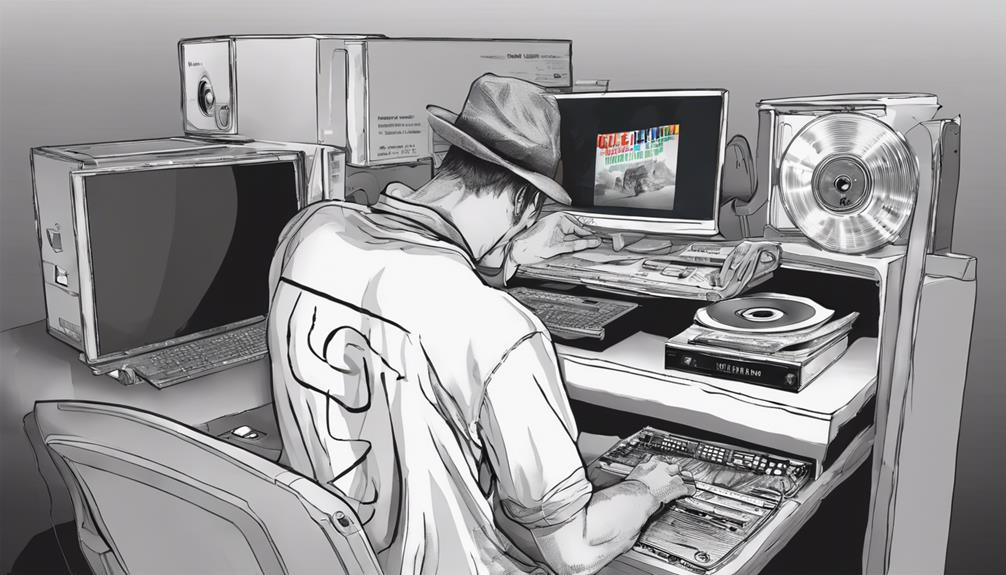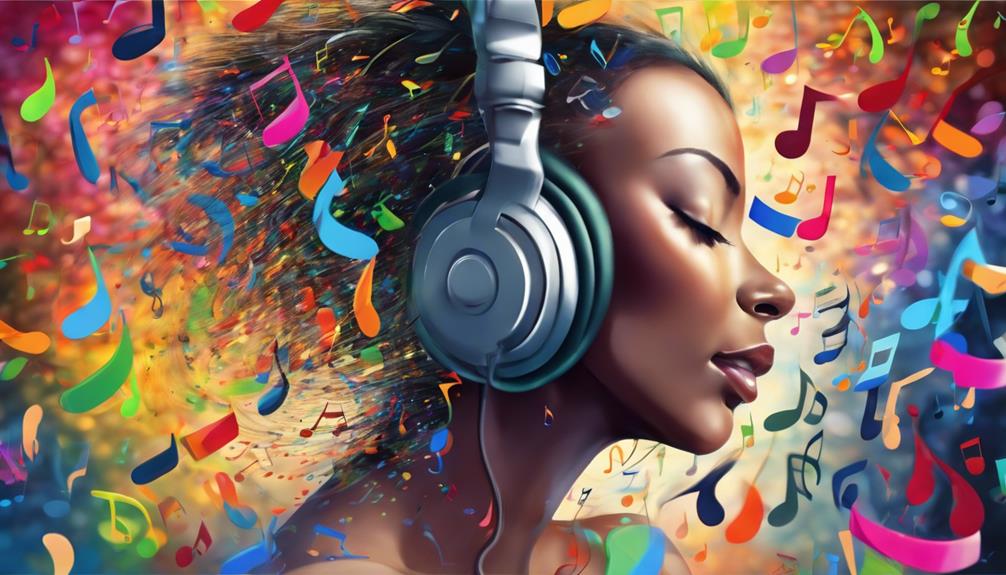As AI technology advances, it is essential that we find ways to nurture human creativity and ensure its essential role in music creation. This article explores strategies for fostering human ingenuity in the age of AI-generated music.
Maintaining the Human Touch
One approach to preserving human creativity is to view AI as a tool for artistic expression, rather than a replacement for it. Artists can use AI-generated music as a starting point for their compositions, layering their own unique ideas and experiences on top of the AI-generated foundation.
This approach allows musicians to maintain their creative voice while still taking advantage of the innovative capabilities of AI.
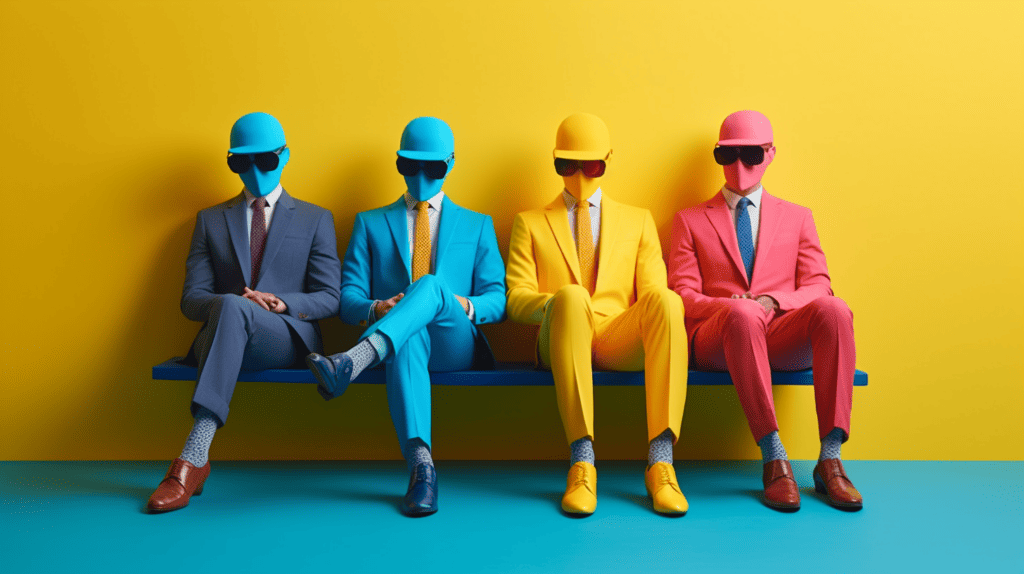
Encouraging Collaboration Between Humans and AI
Another approach is to encourage collaboration between human musicians and AI systems. By working together, artists can leverage AI-generated music’s strengths, such as the ability to process and analyze vast amounts of data, while also contributing their own creative ideas and emotions.
This collaborative approach can lead to the creation of entirely new musical genres and styles, as well as a deeper understanding of the relationship between humans and AI.
Investing in Music Education and Artistic Development
To ensure that human creativity remains a central component of music creation, it’s crucial to invest in music education and artistic development.
By teaching future generations about the importance of creativity and providing them with the skills needed to navigate the evolving music landscape, we can help maintain the human touch in the age of AI-generated music.
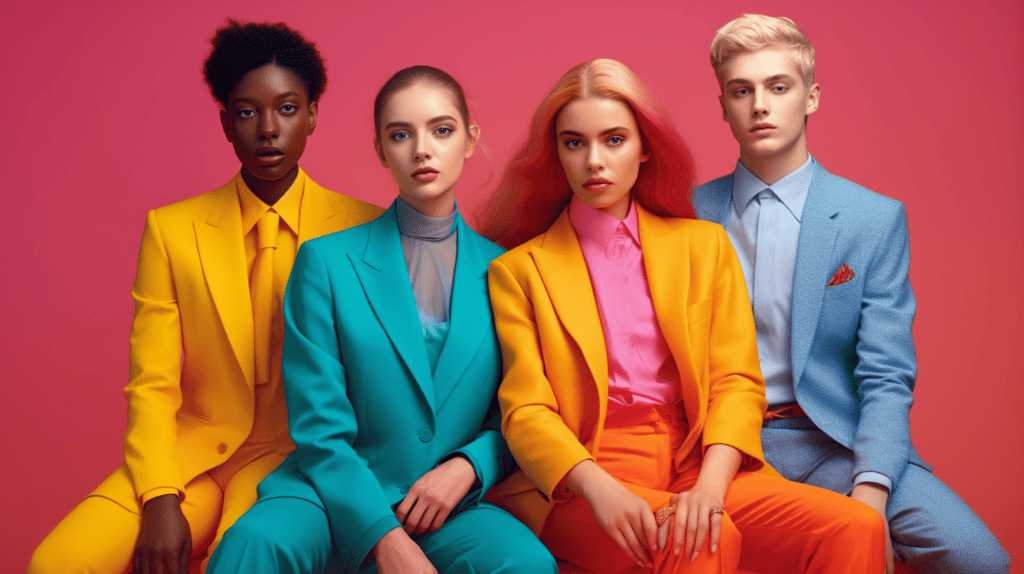
Creating Ethical Guidelines for AI-Generated Music
Finally, establishing ethical guidelines for the use of AI-generated music can help maintain a balance between the benefits of this technology and the importance of human creativity.
These guidelines could include regulations around ownership rights, compensation, and the appropriate use of AI-generated music in various contexts. By providing clear ethical standards, we can help ensure that AI-generated music is used responsibly and in ways that support human creativity.
Educating the Public About AI-generated Music
As AI-generated music becomes more prevalent, it is essential to educate the public about its implications, benefits, and challenges. Public awareness can help people make informed decisions about the music they consume and create a better understanding of the technology behind it. This includes discussing the various ethical considerations, ownership rights, and the impact on artists and the music industry as a whole.
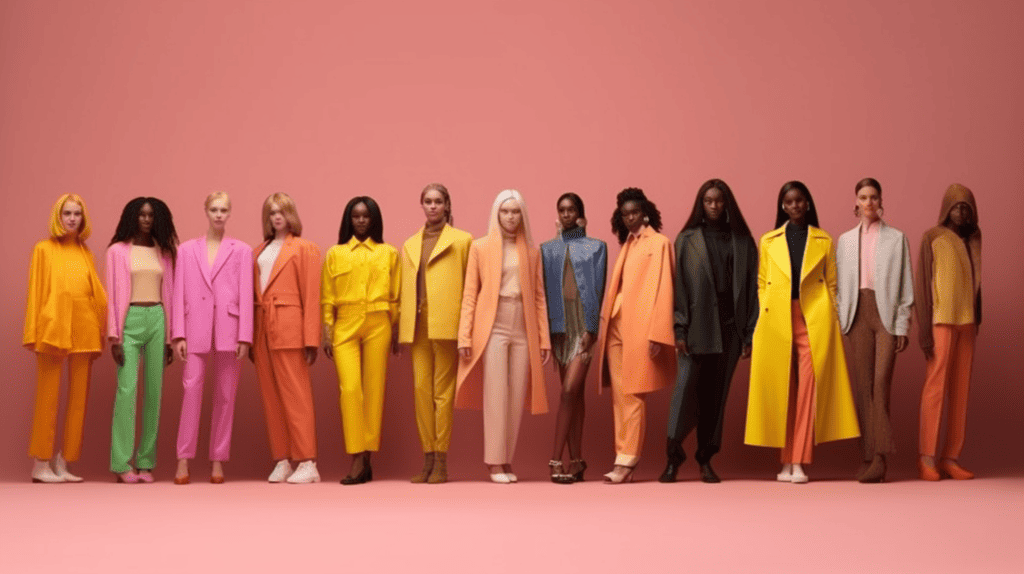
Educational programs, workshops, and online resources can be developed to inform the public about AI-generated music and its potential effects on the industry. By providing accessible information, people can better navigate the landscape of AI-generated music and develop informed opinions about its role in society.
Accessibility and Inclusivity in AI-generated Music
AI-generated music has the potential to make music creation more accessible and inclusive for people with disabilities or those who face other barriers to traditional music production. AI technology can provide alternative methods for composing, arranging, and producing music that may be more accessible to people with physical or cognitive limitations.
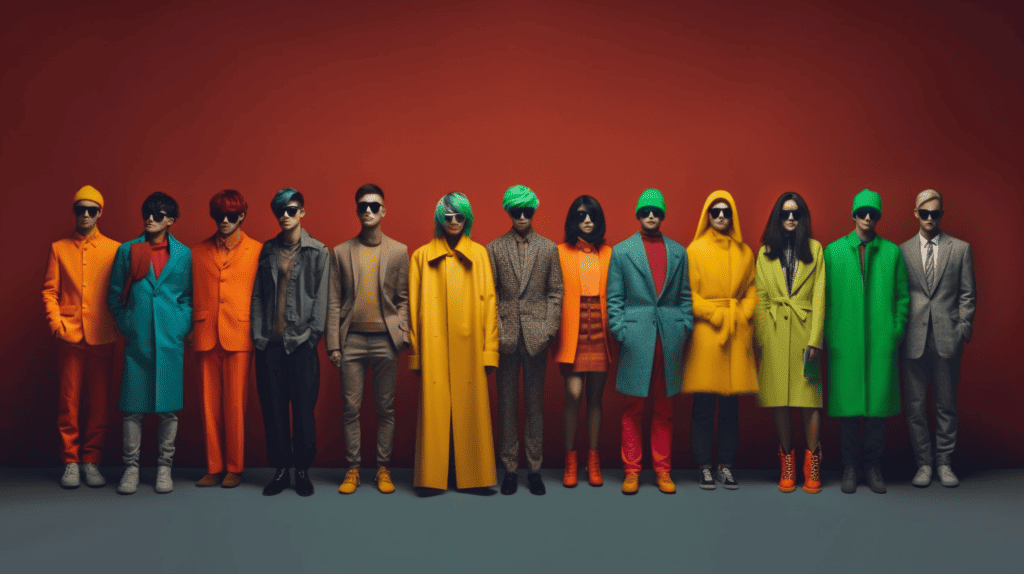
For example, AI-generated music can provide an opportunity for people with limited mobility to create music through voice commands or other alternative input methods. This can empower individuals who may not have had the opportunity to participate in music creation in the past.
However, it is essential to address potential challenges in accessibility and inclusivity, such as ensuring that AI-generated music tools are designed to be user-friendly and cater to a wide range of users, regardless of their abilities.
AI-generated Music in Film, TV, and Advertising
AI-generated music is not limited to the traditional music industry; it also has applications in other media, such as film scores, television soundtracks, and advertising campaigns. AI-generated music can provide an efficient and cost-effective alternative to traditional composition methods for various media projects, especially for smaller productions with limited budgets.
By utilizing AI-generated music in these contexts, creators can access a vast library of music that can be tailored to their specific needs, such as matching the tone or mood of a film scene or creating a catchy jingle for an advertising campaign.
AI-generated Music for Therapeutic Purposes
AI-generated music has potential applications in therapeutic contexts, such as mental health treatment, relaxation, or pain management. By utilizing AI-generated music, therapists and healthcare professionals can develop personalized music interventions to meet the specific needs of their patients.
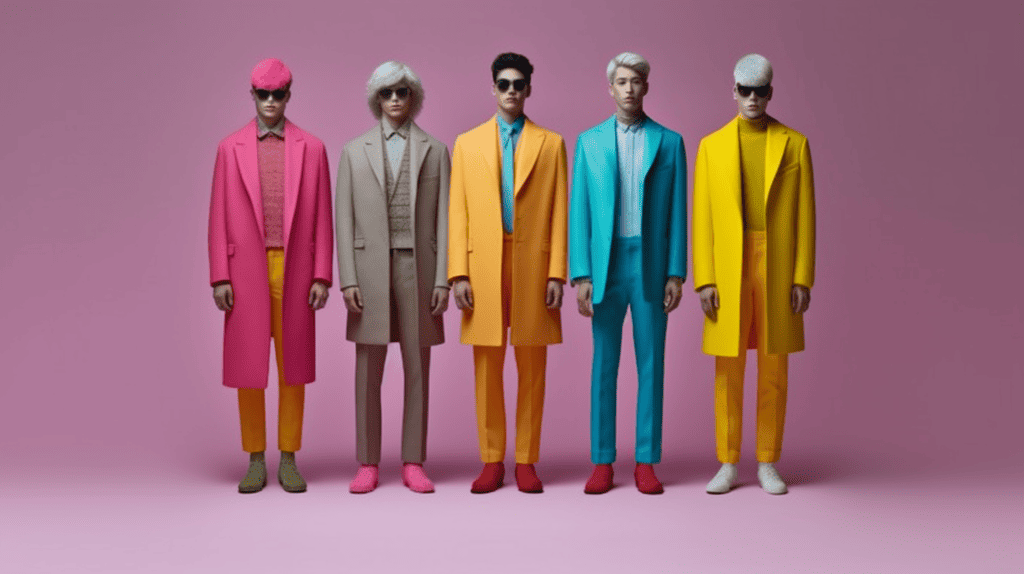
For example, AI-generated music can be used to create customized relaxation playlists that cater to individual preferences and respond to the listener’s physiological signals, such as heart rate or breathing patterns. This personalized approach can potentially enhance the effectiveness of music-based interventions in promoting relaxation and reducing stress.
Future Developments and Trends in AI-generated Music
As technology continues to advance, AI-generated music is expected to become more sophisticated and versatile. Future developments may include the creation of new AI-driven instruments, more advanced algorithms capable of generating complex compositions, and the integration of AI-generated music into live performance settings.
These advancements may lead to new genres of music, innovative performance styles, and novel ways of engaging with music as both creators and listeners. However, it is important to continue addressing the ethical considerations, ownership rights, and potential impacts on artists and the music industry as these advancements unfold.
Conclusion
In conclusion, while AI-generated music presents challenges for human creativity, it also offers new opportunities for artistic expression and innovation. By maintaining the human touch, encouraging collaboration between humans and AI, investing in music education, and establishing ethical guidelines, we can foster human creativity in the age of AI-generated music.
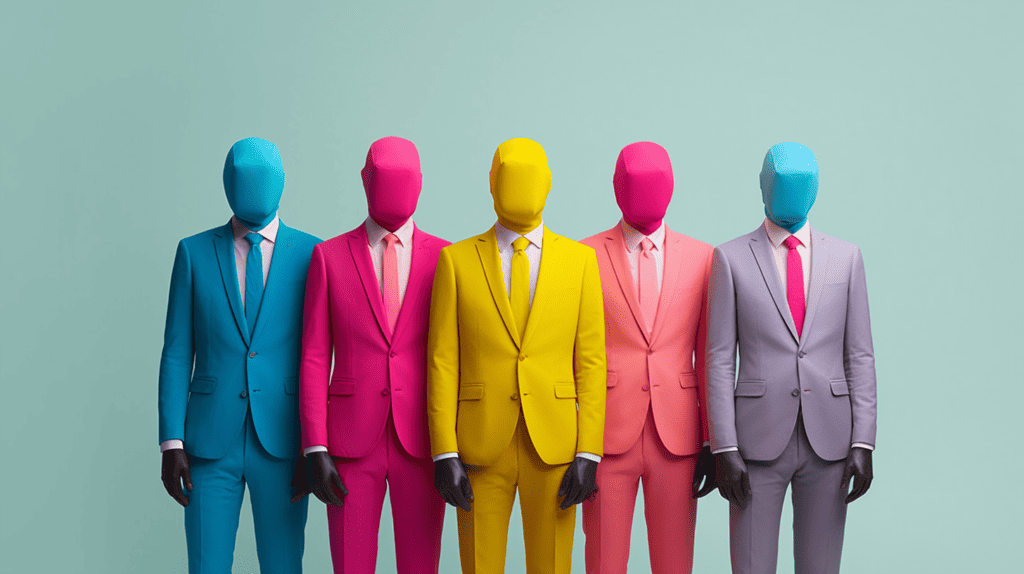
Ultimately, it’s up to us as a society to find ways to embrace this technology while also ensuring that human creativity remains at the heart of music creation.
Amore comprehensive understanding of AI-generated music’s role in the broader cultural and societal context, as well as potential future directions for this technology. By considering these aspects, we can develop a well-rounded perspective on the impact of AI-generated music and its potential to shape the future of music creation and consumption.



